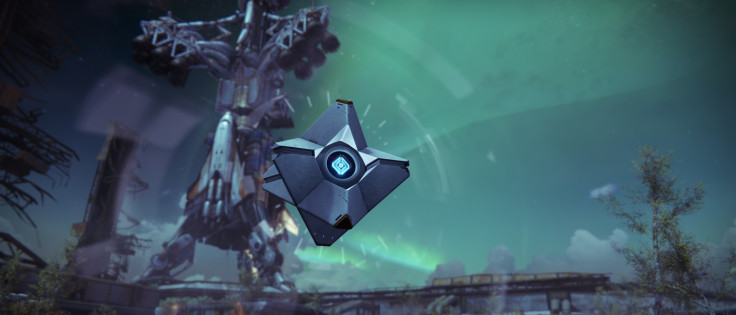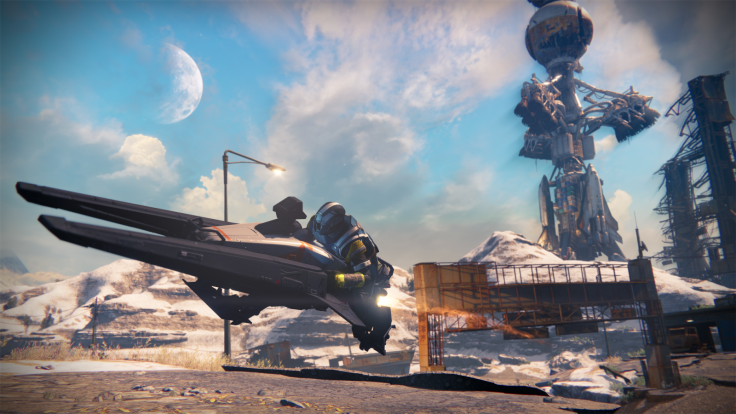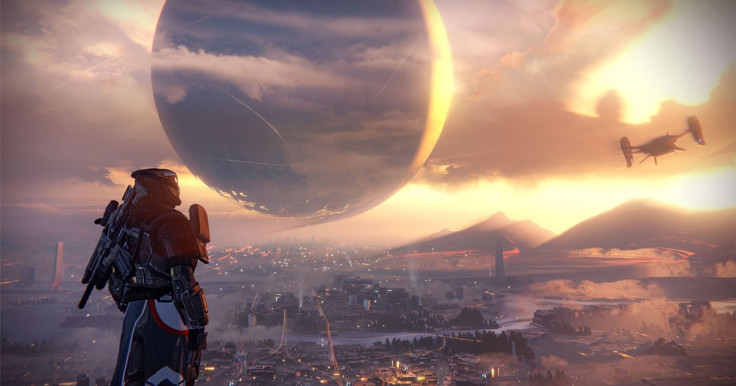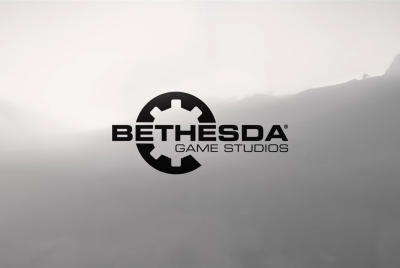Destiny: A Case Study in Big Budget Hype and Disappointment

Bungie didn't just promise us the world, they promised us a galaxy.
The developers' first post-Halo IP was hyped to the point it could never possibly fail, by the press, developers, publishers, and fans. An exciting new series from the creators of Halo with the full backing of a huge publisher - why wouldn't you be excited?
Bungie didn't help temper expectations either. Bungie COO Pete Parsons said in an interview last year: "We like to tell big stories and we want people to put the Destiny universe on the same shelf they put Lord of the Rings, Harry Potter, or Star Wars."
Conceived as a minimum ten-year franchise and with $500 million pumped into it, it's as though the prospect of Destiny failing never entered the minds of Bungie or publisher Activision.
Their certainty was well-founded. Destiny is the best-selling new franchise ever, having pulled in $325m (£200m) worldwide in its first five days on sale. However, take a look at the reviews from both users and critics and there's undeniably a sense of disappointment.
Destiny sits on review-aggregator site Metacritic with a critical score of 76/100 and a user score of 6.5/10. Not bad scores, but not what many had anticipated, or were conditioned to expect by an unstoppable wave of publicity.
The reason is simple: Destiny is littered with flaws.

Its story is non-existent, with players asked to find out for themselves what they're doing and why, rather than it all being explained clearly. Players will mow down hordes of Fallen, Vex, Hive, and Cabal because they're told to by Ghost companion Dinklebot and because that's just what we do in shooters like this.
The dialogue is awful - dryly delivered and loaded with too many hollow words and phrases. Objectives are limited to 'shoot this' or 'scan that'. Weapons come in fewer flavours than they should. Interacting with other players is laborious. Load times are too long and frequent.
That just scratches the surface of what could be improved about Destiny, but despite the flaws it remains an extremely satisfying shooter, always giving players an aim: a power to unlock, a level to attain, a weapon upgrade to acquire. Its shooting mechanics provide fantastic player feedback, and it looks phenomenal.
Destiny may try to hide it, but it's a massively multiplayer game at heart, which makes this just the beginning in many ways, and that may well be at the root of this air of dissatisfaction.
Bungie have been at work on the game for five years, and right now it doesn't feel like it. Two expansions have been announced so far, the first arriving in December, all of which lends to the idea that a lot of the development has been spent preparing for the franchise's future rather than its present.

Destiny's hype machine provided monetary success and a large player base to build upon, and that's the least Bungie and Activision would have wanted. Player impressions regarding the initial release can be overridden before any sequel is released, and that sequel will likely do fine, but what this relatively tepid reaction can impact is the expansion packs.
The end of 2014 is a busy period for gamers, and battling for their expendable income will be difficult for Bungie going up against new Call of Duty, Assassin's Creed and Far Cry games. It's here that they will be able to tell whether Destiny's current crop of players will decide to hang around, and whether their pre-release hype has resulted in an unsatisfied crop.
The likelihood is that Bungie will make Destiny into something truly great in the years to come, but as it stands the game you can go out and buy right now isn't what the developers had been speaking of - it's where what they have been promising simply begins.
© Copyright IBTimes 2025. All rights reserved.


















